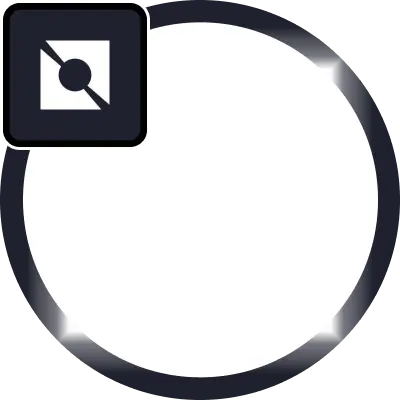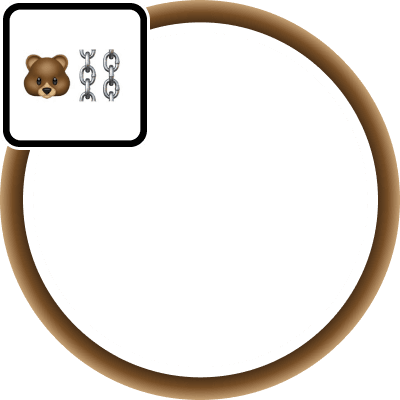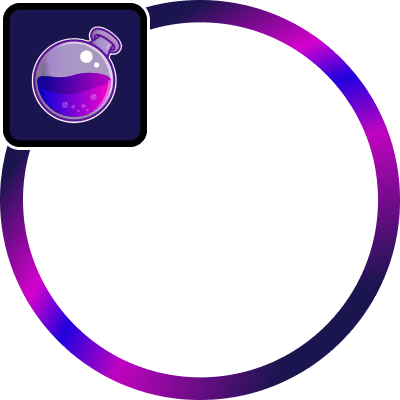Overview
UMA (Universal Market Access) is a decentralized protocol operating on the Ethereum blockchain. It provides an optimistic oracle service that allows off-chain data to be securely transmitted and verified on-chain. This feature is critical for a variety of decentralized applications (dApps), which require real-world information such as asset prices, event outcomes, and other key data. The protocol’s mission is to ensure universal access to decentralized financial markets through trustless and open infrastructure.







